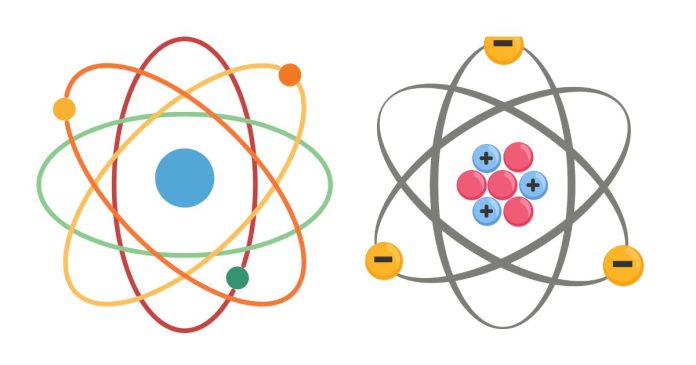How to Calculate the Number of Neutrons in an Atom
Understanding the number of neutrons in an atom is essential in chemistry and physics, especially when dealing with isotopes. To calculate the number of neutrons in an atom, you can use a simple formula:
Number of neutrons=Atomic mass−atomic number
Here’s how it works:
- The atomic number represents the number of protons in the atom and is found on the periodic table.
- The atomic mass (or mass number) is the sum of protons and neutrons. This value is typically close to a whole number but may be a decimal due to isotopes.
For example, a carbon atom has an atomic number of 6 and an atomic mass of 12, so the number of neutrons would be:
12−6=6 neutrons
If you’re dealing with an isotope like carbon-14, which has an atomic mass of 14, the number of neutrons would be:
14−6=8 neutrons
This formula allows you to easily calculate the number of neutrons in any atom, aiding in your understanding of its properties and isotopic variations.


